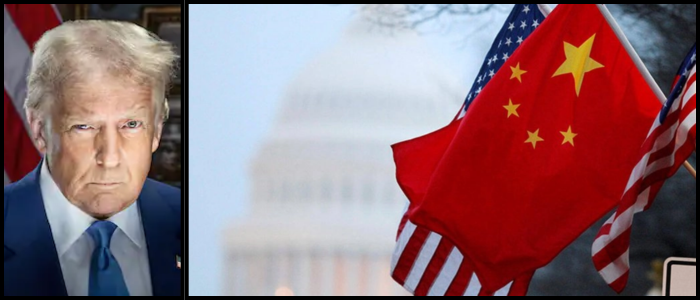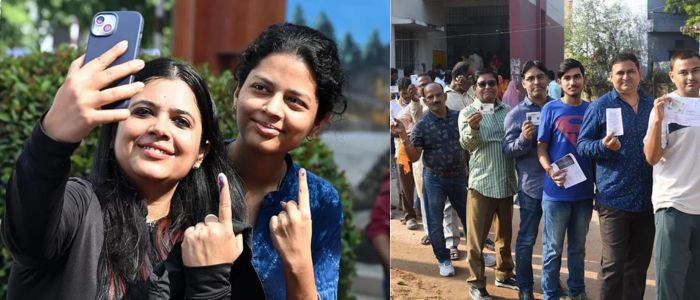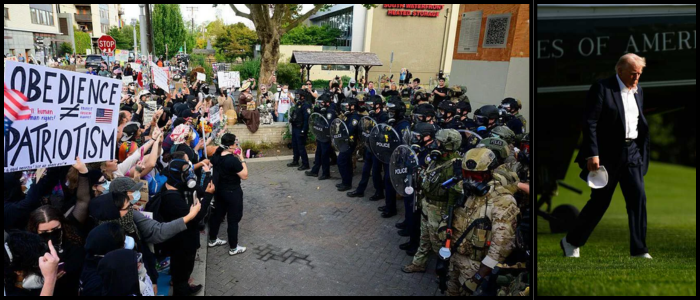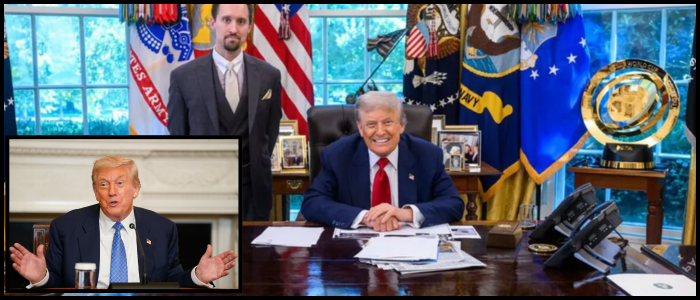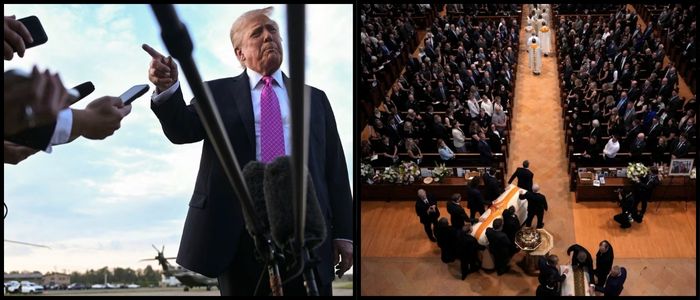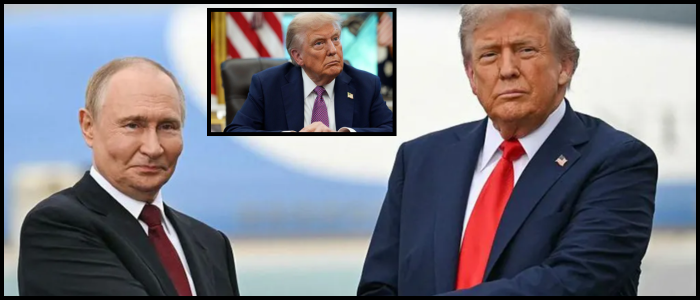Visa Cancellations and Additional Scrutiny
Secretary of State Marco Rubio said the agency will coordinate with the Department of Homeland Security to carry out those revocations and set new visa standards for prospective Chinese and Hong Kong applicants going forward.
The program will target students engaged in fields viewed as critical to United States national security. There are approximately 280,000 Chinese students currently in the U.S., but it is not yet clear how many will be impacted.
The closing of the borders starts at midnight Friday, and only prescheduled student visa appointments will be allowed to proceed, according to the administration's guidance to U.S. embassies worldwide. And vetting job and internship applicants on social media is poised to expand.
Furious Backlash and Legal Fights
China has strongly protested the U.S. decision, calling on Washington to safeguard the international students' legitimate rights. The announcement has prompted anguish and angst among students, with some expressing regret for having chosen to study in the United States as the visa landscape abruptly changes.
American universities, meanwhile, have resisted the policy. Harvard University in particular sued the administration after a judge temporarily blocked it from revoking its certification for hosting international students. Harvard contended that the policy is causing irreparable damage and their students are emotionally distraught over the uncertainty it has created in their futures.
Critics argue the visa crackdown could hurt the U.S. higher education industry, which largely depends on international students who typically pay higher tuition rates.

